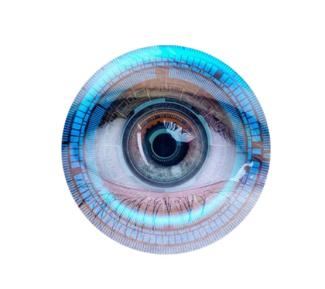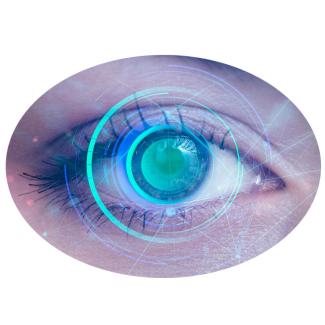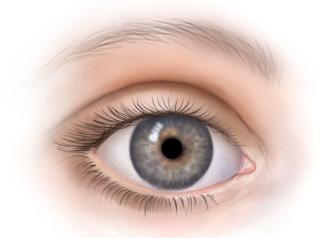
Your eyes can provide valuable information about your blood sugar levels, especially if you have diabetes or are at risk of developing the condition. Elevated blood sugar levels can have a significant impact on your eyes, leading to various eye problems and complications. Here are some of the ways your eyes can tell you about your blood sugar:
- Blurred Vision: High blood sugar levels can cause the lenses in your eyes to swell, which can result in blurred vision. When your blood sugar is well-controlled, your vision should return to normal. However, persistent or recurring blurred vision can be a sign of uncontrolled diabetes.
- Retinopathy: Diabetic retinopathy is a serious eye condition that affects the blood vessels in the retina. It is a common complication of diabetes and can lead to vision loss if not managed properly. Your eye doctor can detect signs of retinopathy during a comprehensive eye exam. Symptoms may include dark spots, floaters, or even sudden vision changes.
- Glaucoma: High blood sugar levels can increase your risk of developing glaucoma, an eye disease that can lead to vision loss if left untreated. Glaucoma is characterized by increased pressure within the eye, which damages the optic nerve. Regular eye exams can help detect glaucoma early and prevent vision loss.
- Cataracts: People with diabetes are at a higher risk of developing cataracts, a condition where the eye's lens becomes cloudy. Cataracts can lead to decreased vision and require surgical removal if they significantly affect your ability to see.
- Dry Eyes: Diabetes can lead to dry eye syndrome, where your eyes do not produce enough tears to keep them properly lubricated. This can cause discomfort, redness, and irritation in your eyes.
- Corneal Problems: High blood sugar levels can lead to changes in the cornea, the clear front surface of the eye. These changes may result in decreased sensitivity, leading to slower wound healing and an increased risk of eye infections.
- Change in Prescription: Fluctuations in blood sugar levels can cause temporary changes in your vision, requiring frequent adjustments to your eyeglass or contact lens prescription.
It's important to note that eye-related complications due to diabetes are progressive and can often be asymptomatic in the early stages. Therefore, it's crucial for individuals with diabetes to have regular eye exams with an ophthalmologist or optometrist. Early detection and management of eye issues related to diabetes are essential for preventing serious vision problems.
Maintaining good blood sugar control through proper diabetes management, including medication, diet, and lifestyle changes, is essential to reduce the risk of eye complications and preserve your vision. If you notice any changes in your vision or experience discomfort in your eyes, consult with a healthcare professional for a comprehensive eye examination.






